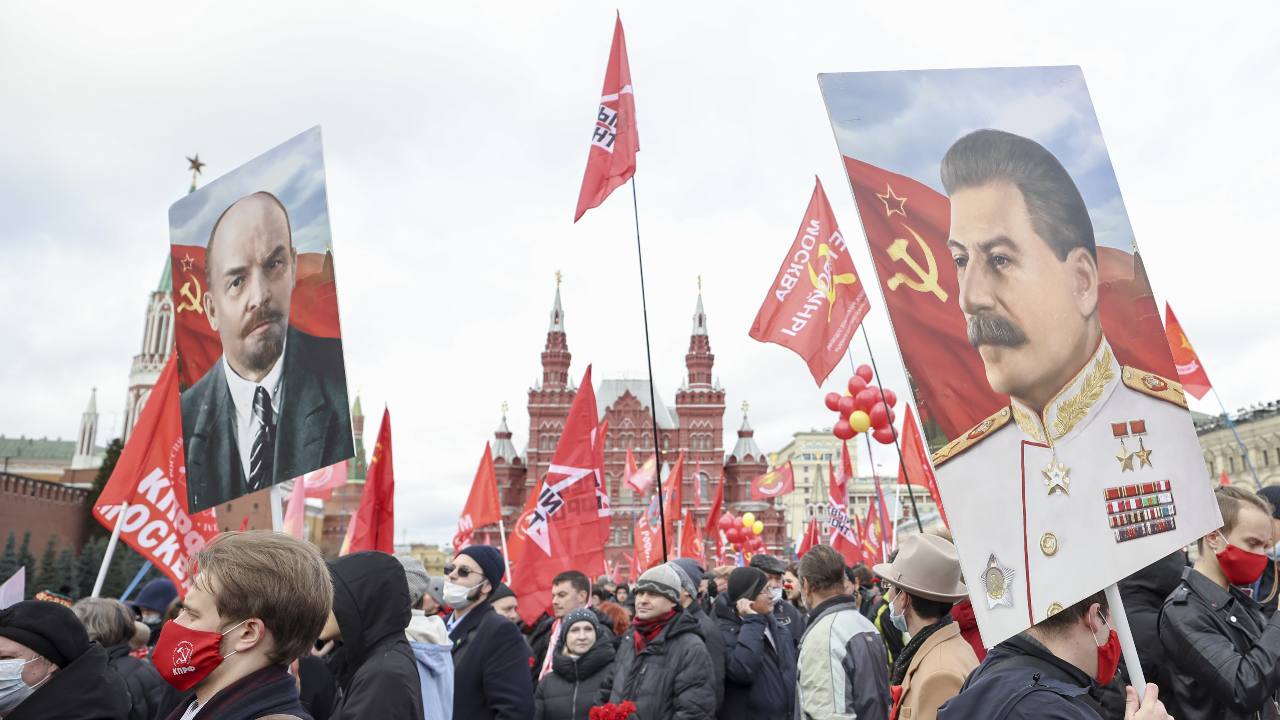Communism, a political and economic ideology that advocates for a classless society, had a profound impact on Russia’s history. The Bolshevik Revolution of 1917, led by Vladimir Lenin, marked the beginning of the Soviet Union, a communist state that existed for over 70 years.
The Rise of Soviet Communism
The Bolshevik Revolution, fueled by Marxist ideology, overthrew the Tsarist autocracy and established a socialist state. The Bolsheviks, later renamed the Communist Party of the Soviet Union, implemented radical policies, including nationalization of industries, collectivization of agriculture, and the establishment of a one-party state.
The Stalinist Era
Joseph Stalin, who succeeded Lenin as the leader of the Soviet Union, consolidated power and implemented a brutal regime of terror. Millions of people were persecuted, imprisoned, or executed in purges aimed at eliminating political opposition. Stalin’s industrialization drive, known as the Five-Year Plans, transformed the Soviet Union into an industrial superpower. However, these policies were often implemented at great human cost.
The Cold War
The Cold War, a period of geopolitical tension between the Soviet Union and the United States, dominated the latter half of the 20th century. The two superpowers engaged in an arms race, a space race, and ideological competition, shaping the global political landscape.
The Decline and Fall of the Soviet Union
In the 1980s, under the leadership of Mikhail Gorbachev, the Soviet Union embarked on a series of reforms, including perestroika (restructuring) and glasnost (openness). These reforms aimed to revitalize the Soviet economy and political system. However, they ultimately led to the collapse of the Soviet Union in 1991.
The Legacy of Soviet Communism
The Soviet Union’s legacy is complex and multifaceted. On the one hand, it achieved significant technological advancements, particularly in space exploration and nuclear technology. It also played a crucial role in defeating Nazi Germany during World War II.
On the other hand, the Soviet regime was characterized by authoritarianism, repression, and economic stagnation. The collapse of the Soviet Union marked the end of an era and had a profound impact on global politics and economics.
The legacy of communism in Russia continues to shape the country’s political and social landscape. While the Soviet Union is no more, its impact can still be felt in various aspects of Russian society, from its economy and culture to its foreign policy.

Leave a Reply